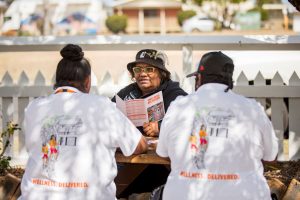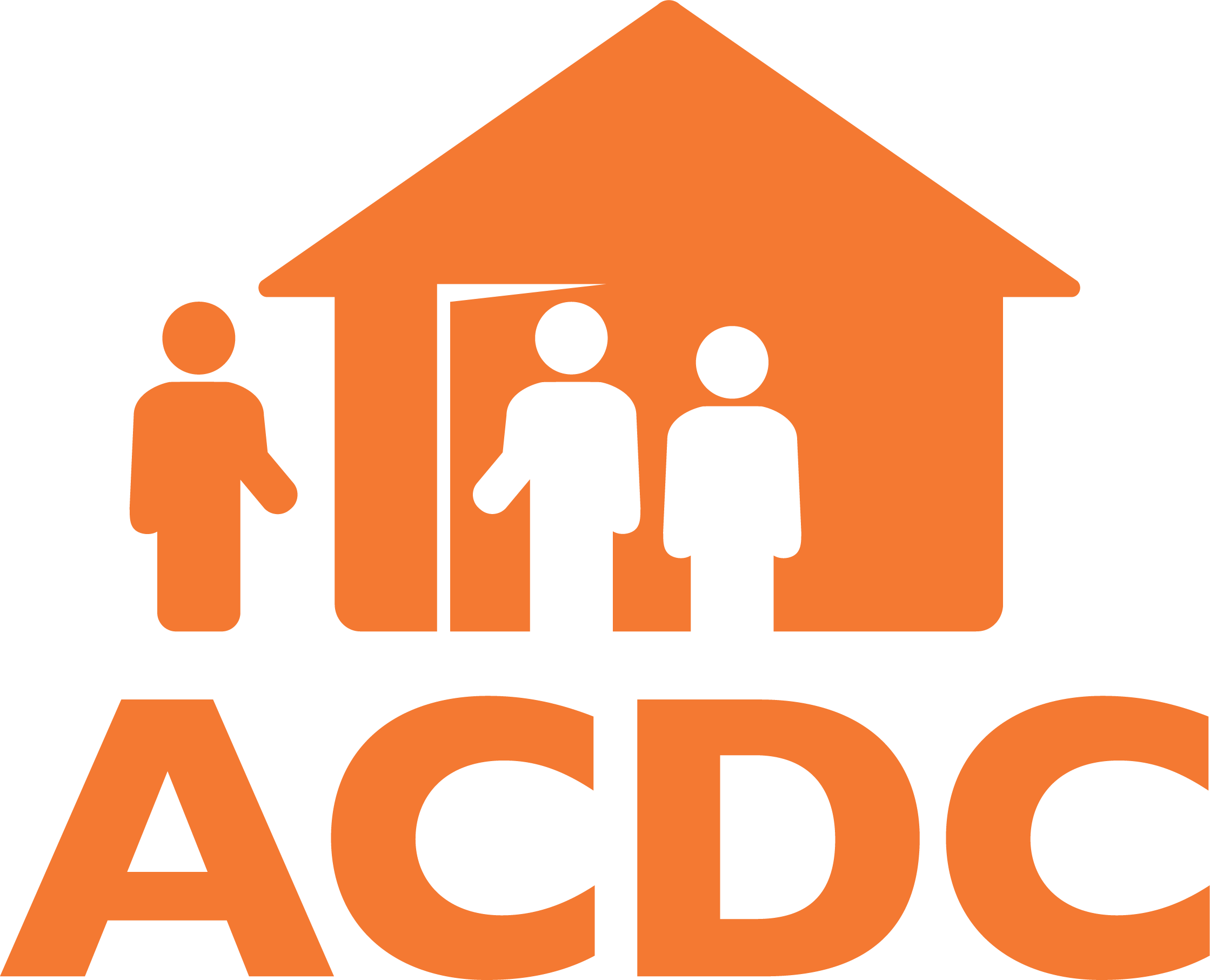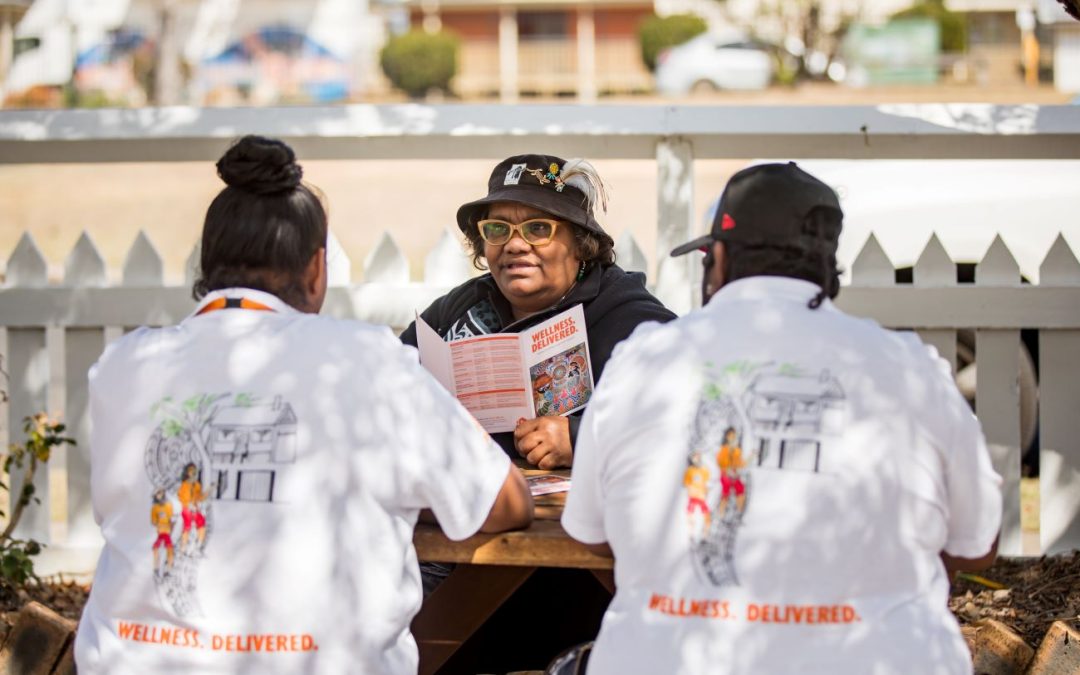
A door-to-door mental health and wellbeing survey in Cherbourg, Kingaroy and Murgon has found poor digital infrastructure is a barrier for people in the South Burnett region reaching out for help. 30% of respondents experienced one or more barriers to accessing telehealth services, and 28% reported having limited or no access to a private space at home where they could speak to someone online about their mental health and wellbeing.
The Assisting Communities through Direct Connection (ACDC) Project’s People Connectors spoke with and
offered information to 391 householders in South Burnett.
Bill Gye, CEO of Community Mental Health Australia (CMHA), who manages the ACDC Project, says the areas of Cherbourg, Murgon and Kingaroy have significant differences in community profile, but overall this study strongly confirms that there are significant local challenges with finances, housing and unemployment.
“It is of concern that 33% of all survey participants reported consistently high or very high distress levels, which are two and half times above the ABS national average, while 44% of those who sought help reported they could not get the help they needed. And while online or telehealth services can play a role here, participants reported having one or more barriers to accessing such services.”
Mr Gye continued, “The results clearly point to a greater need for investment in local psychosocial supports that are accessible, culturally appropriate and ideally free, and in the longer term the social determinants must continue to be addressed to improve life and closing the gap.”
Of the householders surveyed:
• 29.5% of respondents reported a disability
• 24.6% of respondents provided care for someone with disability, chronic condition, or mental health issue
The top three things that stopped householders from accessing support were:
• affordability of services (19%)
• accessing support was too complex, difficult, or overwhelming (16%)
• no appointment available within reasonable time (12%)
People Connectors from EACH, who partnered with CMHA, went door-to-door between August 2023 and February 2024. They spoke with householders about their mental health and wellbeing and distributed information about the free support services available in their area.
Murryann Reeves, Regional Cultural Lead of EACH, and Manager for the ACDC Project in South Burnett says young Aboriginal and Torres Strait Islander peoples have a long history of over-representation in the justice system. The Close the Gap National Agreement is to reduce the rate of incarceration of young people 10 -17 in detention centres by 30%.
“It surprises me to see a clear link between parental/Kincare reported mental health and reported crime and substance use within the body of the ACDC feedback. As we unpack this further with community consultation, it is evident that parents feel very lost as to what to do with their children’s behaviours as they are unaware of face-to-face supports available”, said Murryann.
The ACDC Project is being implemented in communities across all states and territories of Australia to improve wellbeing and collect important data with the assistance of the Centre for Social Impact. The advantage to local communities arises not only from this preventative intervention but also from the collection and reporting of data on unmet mental health and wellbeing needs, that can and will be useful for local service planning.
To access the full South Burnett Community Report CLICK HERE
To learn more about the ACDC Project, please visit acdc.org.au
The ACDC Project is funded by the Department of Social Services (DSS).

